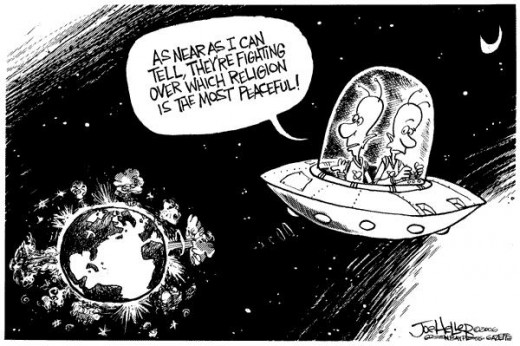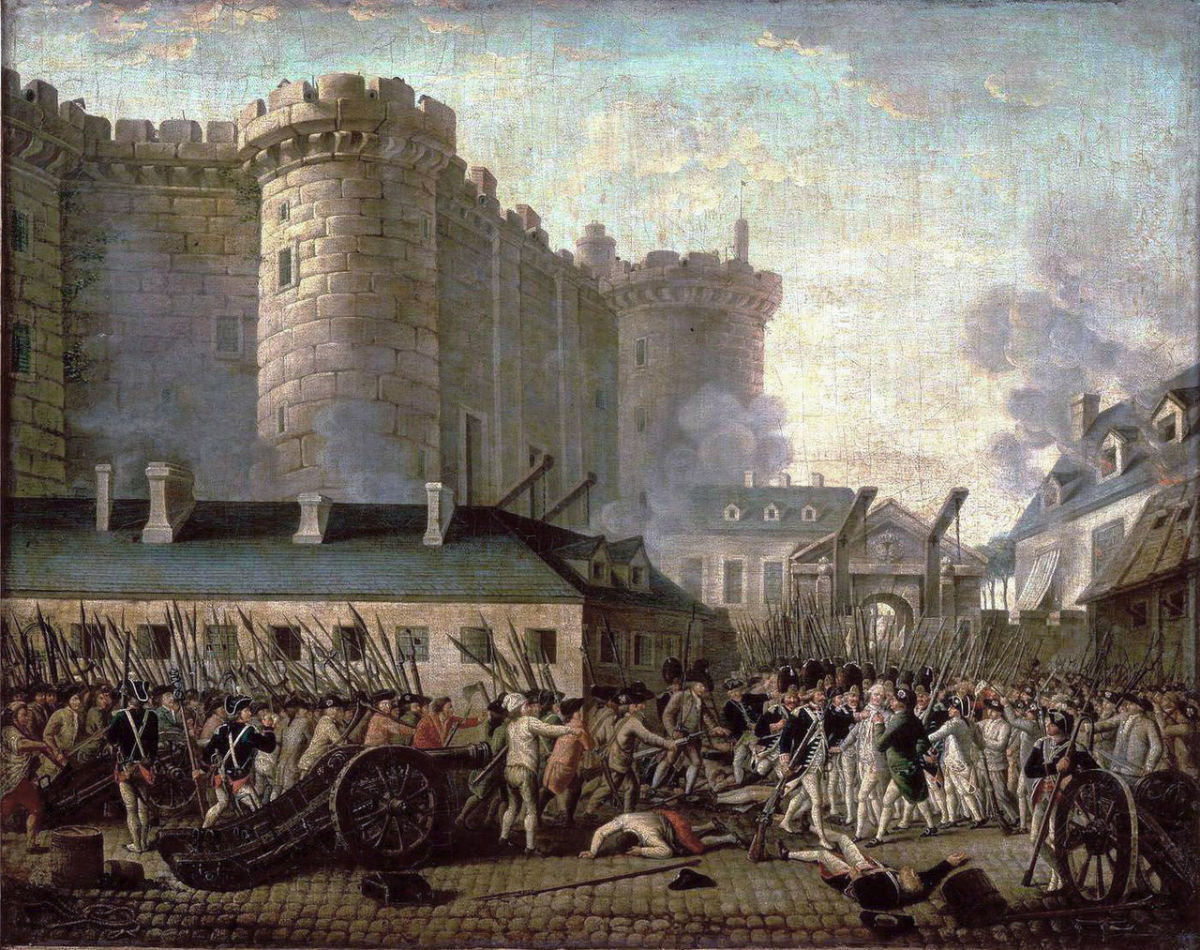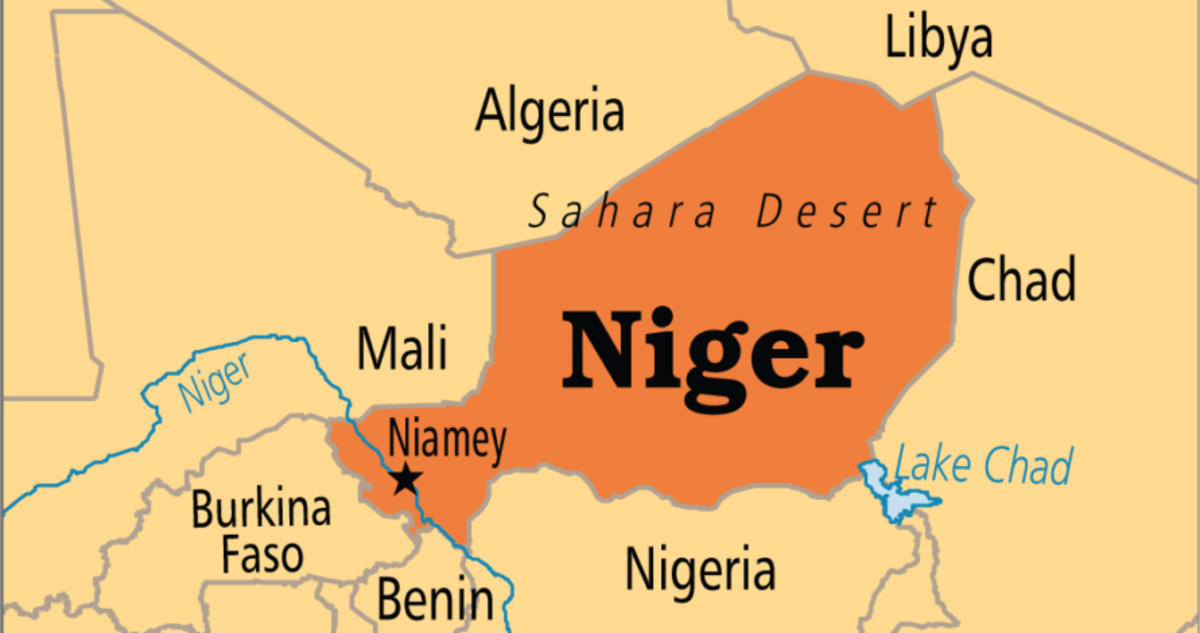Good Muslim, Bad Terrorist
Truth in Humor


There was a pleasant surprise in my inbox this morning; Hotaru80 asks, “Why are some Muslims nice people while there are those in Afghanistan in these terrorist groups?”
Well, from the outside looking in, nobody can give you a single answer that applies across the board. Think of it this way: why do most Americans obey the law while there are so many that are in gangs? Really you could ask a similar question about any group or demographic, there will always be the outliers at one extreme or the other probably with about 80% caught in the middle. So what you’re seeing of Islam on TV are the vocal minority. This is the small percentage that makes the biggest ruckus and attracts the most attention.
A number of the hardcore militants were raised in a few of the 12,000 madrasas [مدرسة] (the simplest explanation is an Islamic equivalent of Buddhist monasteries) along the Pakistani border where they trained from a very young age to prepare for a convoluted militant extremist version of Jihad. I would say that they were “brainwashed” except that they are generally so young when they are taken into the system that they rarely have a chance to learn any different beforehand. Many of the pupils find themselves here as orphans or given up by the parents who are unable to provide for them while the madrasa will provide room and board for all of its students (Blanchard 2008, 4).
Some may use the term “terrorists” or “Muslim” interchangeably without realizing that true Islam and terrorism are actually at odds with each other and really have no relationship at all. This over generalizing attitude is extremely ignorant (if you’re offended, I’m talking to you) as it leads to prejudice, discrimination and racial profiling. There are cases of domestic terrorism that involve plenty of other races, religions and reasons for resorting to terrorism. The Unabomber Ted Kaczynski and the Oklahoma City Bomber, Timothy McVeigh readily come to mind. Admittedly religion has played a significant role in all sorts of atrocities throughout history, think of the crusades and the Spanish inquisition for example as well as right to life extremists. In this case, it’s being used as a rational and rallying cry when it has no relevance.
What we’re looking at in Afghanistan is an insurgency that resorts to terrorist tactics. Part of the terrorist aspect is an attempt to control the masses; in America, gangs often use milder forms of terrorism to prevent “snitching” resulting in unusual laws being placed on the books. However, the main focus of an insurgency is generally to topple the existing government, whether by violence, a coup, or some other means. Insurgents often present themselves as “freedom fighters” and generally they only fight for freedom from the existing regime by replacing it with their own leadership. The Taliban claim that they are just trying to keep America from invading and to repel the infidel occupiers. This is actually a legitimate claim, but the motives behind it are different, it’s really because America supports the government currently in power. By removing America from the equation, the Taliban will be more capable of overthrowing Karzai. And the term “freedom” is all relative, after the Soviet withdrawal, the Taliban took power and imposed Islamic law known as Sharia. They did so to such an extreme that even the more devout Muslims didn’t like it. Can you imagine being in a place where Music, movies, TV, card playing, singing, dancing, boxing, and even kite flying are outlawed and homosexuals are buried alive? (Khalil 2001) The issue with this is that it makes religion more like paying spiritual taxes than donating to some divine charity, the actions are the same, but their hearts just aren’t in it as much.
Some believe that people resort to terrorism because of poverty. First of all, there are all plenty of other legal and nonviolent illegal ways to work the systems and various shenanigans that can be used to make money. The Nigerians have essentially perfected the 419 scam (419Eater.com 2009). In the states embezzling is a profitable white-collar crime. Afghanistan supplies 90% of the world’s opium and that doesn’t require that you crash an airliner into the World Trade Center; in fact, there’s no relationship between the two. Perhaps a cop or two will have to be bribed, but there’s no real need for violence, it just sends a stronger message. The insurgents are the ones making that decision. But I digress, poverty isn’t a determining factor is turning to terrorism; Bin Laden actually comes from a very rich family. Speaking of Bin Laden, many of the foreign fighters that are coming into Afghanistan are actually doing so in response to Bin Laden’s fatwa from way back in 1998 to forcibly remove the Americans from the sacred lands of the Middle East. He considered their presence there to be a dishonor t his country and to Islam in general. This therefore made it “the duty of every good Muslim” to wage jihad against the US.
So the answer to the question is that in Afghanistan, the Muslims that attract the most attention are the extremists engaged in an insurgency resorting to terrorist tactics. The sad part is that so many of the original Taliban have been killed off and replaced by others that they’ve probably lost sight of what they’re fighting for and yet they keep fighting, then again, what’s America doing if not the same thing?
Was this hub helpful to you? If so, Please Click here
419Eater.com. What's the 419 Scam? 2009. http://www.419eater.com/html/419faq.htm (accessed January 17, 2010).
Blanchard, Christopher M. Islamic Religious Schools, Madrasas: Background. CRS Report for Congress RS21654, Washington, D.C.: Congressional Research Service, 2008.
International Crisis Group. Pakistan: Madrasas, Extremism and the Military. ICG Asia Report No36, 15 July 2005, Islamabad: International Crisis Group, 2005.
Khalil, Ramy. The Rise of the Taliban and Islamic Fundamentalism . November 2001. http://www.socialistalternative.org/literature/taliban/rise.html (accessed June 15, 2010).
Wikipedia.org. Madrasah. June 17, 2010. en.wikipedia.org/wiki/Madrasah (accessed June 20, 2010).
From the Outside Looking In









